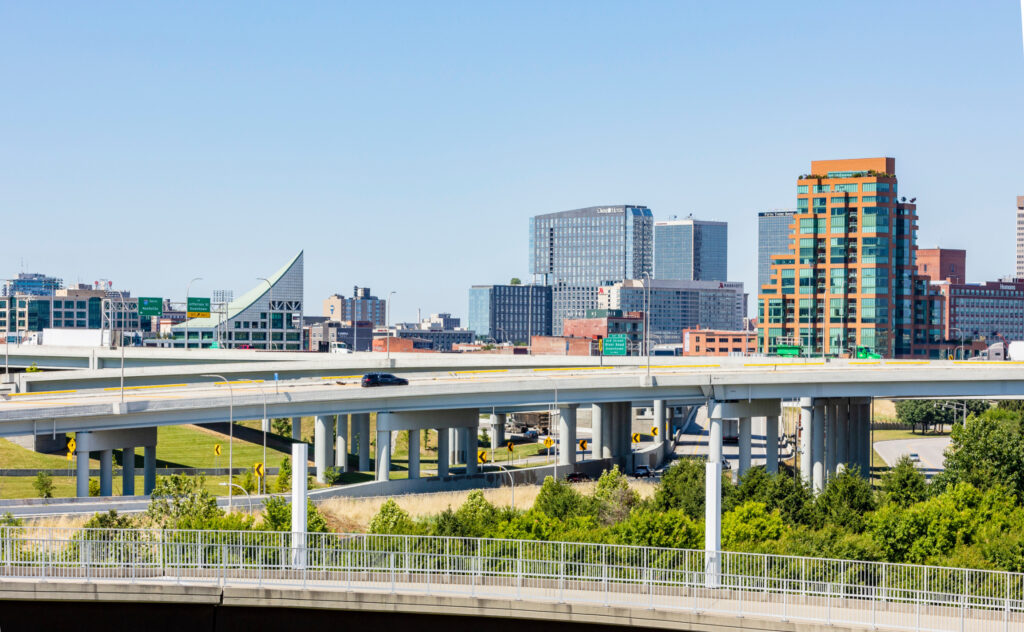Better Barnyard Routes: State Budget Delivers $150 Million for Rural Road Revival

Wisconsin’s agricultural producers are getting a much-needed infrastructure upgrade thanks to a major new investment in rural roadways. The state’s Joint Finance Committee has allocated $150 million in the 2025-27 budget for the Agricultural Roads Improvement Program (ARIP), doubling down on an initiative aimed at supporting the backbone of Wisconsin’s economy—farming.
“Agriculture is one of the main drivers of our state’s economy,” said Sen. Patrick Testin, a member of the Joint Finance Committee. “That is why the Joint Finance Committee found it necessary to earmark $150 million in the 2025-27 state budget for the Agricultural Roads Improvement Program.”
ARIP was created in 2023 to provide local governments with grants to improve deteriorating rural roads and bridges that are essential to the movement of agricultural goods. These local transportation routes connect farms to processing plants, feed suppliers, and markets. But many of them—especially those classified as Class B or subject to weight restrictions—have become bottlenecks for Wisconsin’s farmers.
“Deteriorating Class B and weight-restricted roadways throughout Wisconsin restrict the ability of farmers to move full truckloads of goods off the farm and to processors,” Testin explained. “Inadequate roads also limit farmers from efficiently receiving large shipments of feed and other items.”
The consequences of poor infrastructure are felt not just in rural communities but throughout the supply chain. Weight-restricted roads often force transporters to take half-loads or drive miles out of the way—adding time, cost, and frustration.
“Farmers, suppliers, and transport companies are having to take half-loads or miles-long detours to be in compliance with weight restrictions,” said Testin. “This ends up increasing costs for farmers and distributors while also causing bottlenecks in the food supply system.”
To be eligible for ARIP funding, projects must improve a road, bridge, or culvert that provides access to agricultural lands or facilities and meets a series of structural and logistical criteria. Political subdivisions can apply for grants to cover up to 90% of reimbursable costs, including engineering, planning, and construction. The Department of Transportation has worked to streamline the application process to ensure even the smallest towns can access funding.
Round one of ARIP funding awarded $50 million in grants earlier this year. The second round—allocating the remaining $100 million—opened on July 31. Applications are due by September 30, with award announcements expected before the end of the year.
“With this vital investment in the Agricultural Roads Improvement Program, we are able to support our farming industry, strengthen our supply chain and make our rural roads safer for everyone who travels on them,” Testin said.
As the state continues to prioritize infrastructure that supports economic growth, ARIP is quickly becoming a national model for how targeted investment in rural transportation can deliver meaningful returns—for farmers, communities, and consumers alike.
RECENT










BE THE FIRST TO KNOW
More Content By
Think American News Staff











